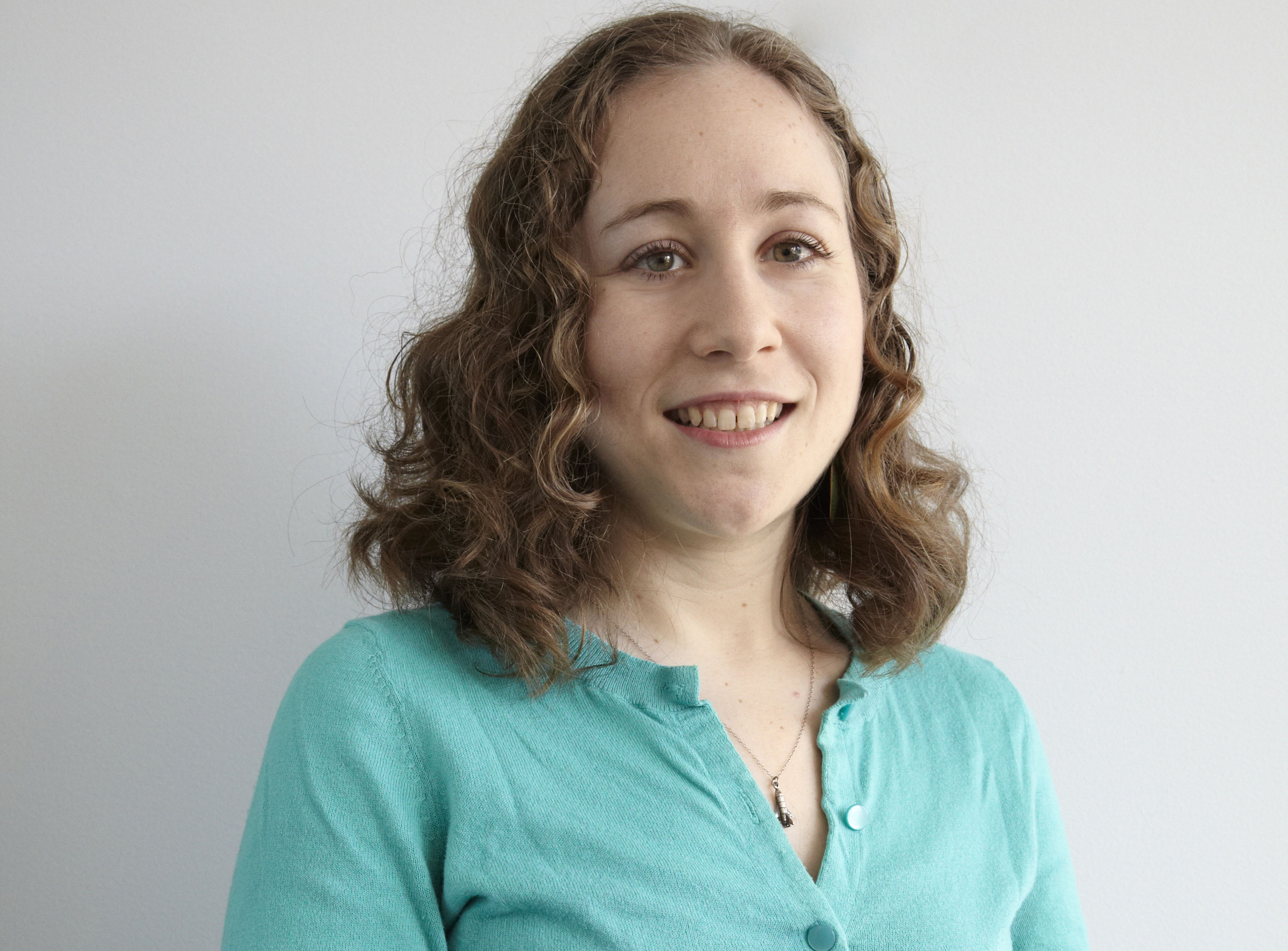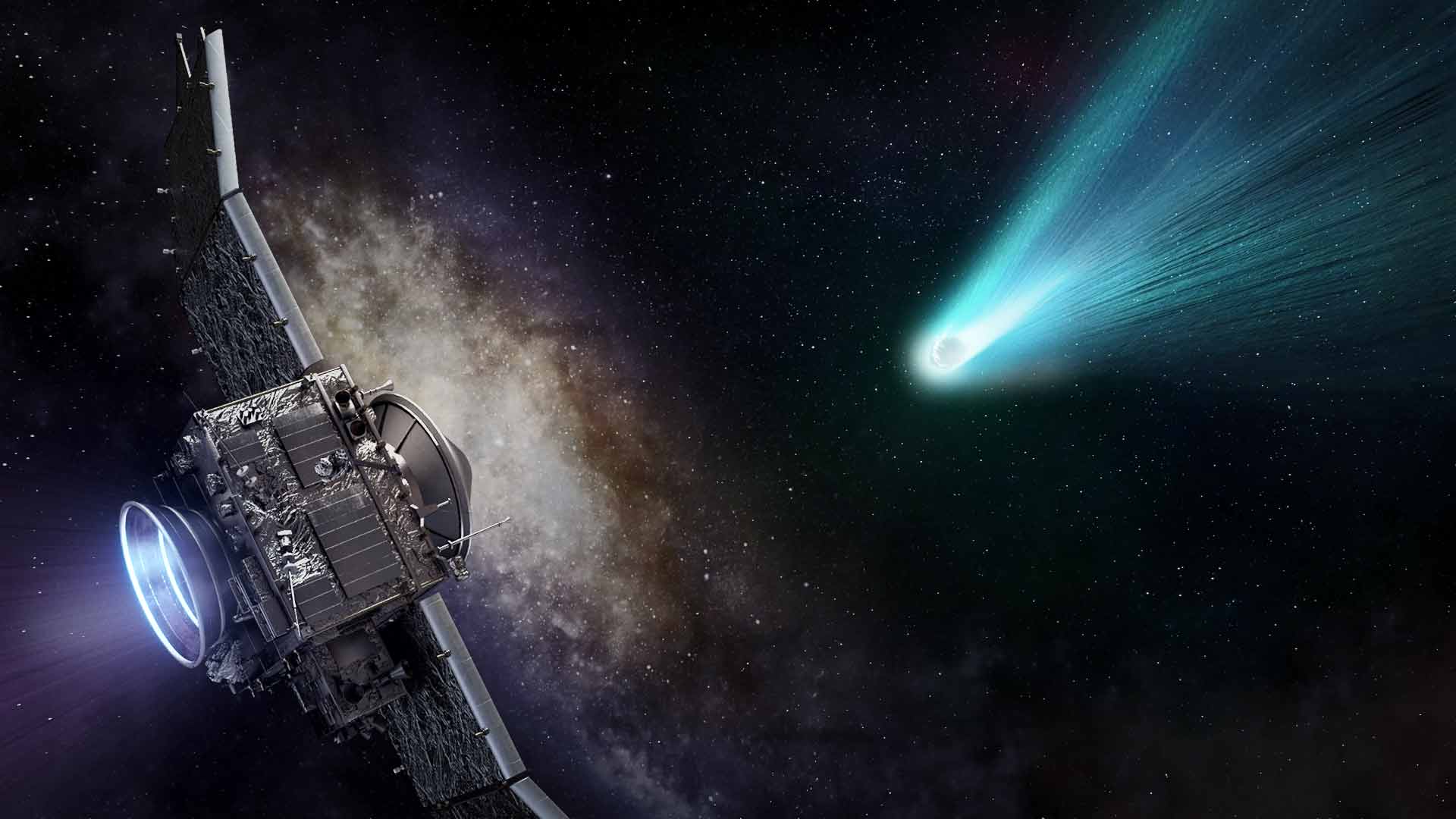Crisis for US Science Is Looming, Physicists Warn

ATLANTA — The United States is at risk of ceding its leadership in science, a number of physicists agreed Monday (April 2), though there was less of a consensus on a clear solution to the problem.
Five physicists shared their worries about America's scientific future during a panel discussion here at the April 2012 meeting of the American Physics Society, saying that governmental funding for science research is in crisis, and not enough U.S. students graduate with degrees in science, technology, engineering and math.
"There are some facts and figures that are very disturbing, which show the United States might be losing ground in science and discovery, whereas other countries are gaining," Pushpa Bhat, a physicist at Illinois' Fermi Accelerator National Laboratory (Fermilab), said at a press conference preceding the panel. "We can't sit back and watch."
Bhat lamented the lack of cutting-edge physics facilities in this country. While many of the world's best instruments and experiments, such as Fermilab's Tevatron particle accelerator, used to be housed here, that frontier has moved elsewhere. For example, the world's largest atom smasher, the Large Hadron Collider, is located at the CERN lab in Switzerland, while Illinois' Tevatron has shut down.
"There are things that the country will miss out on if we don’t have such facilities here," Bhat said.
However, she and other physicists also said that now is a time for greater international collaboration between scientists, and that other countries' gains are not necessarily our losses.
"I think science is largely impervious to national boundaries," said Nobel Prize winner Frank Wilczek of MIT. "The U.S. still has leading efforts in most areas of science, and attracts students from all over the world. But I don't think we take advantage of that resource, because we make it difficult for them to stay. I think for science, it's a tragedy."
Get the world’s most fascinating discoveries delivered straight to your inbox.
Wilczek said that both America's immigration laws and its cultural attitudes toward foreigners could be more welcoming.
And the physicists acknowledged that scientists will have to confront a hard reality: There is simply less money for research in the current economy. [Graphic: Science Funding in the Federal Budget]
"We need to redouble our efforts to make sure the projects we select are of the highest importance and impact, and be on the lookout for new technologies and innovations that would allow us to do more of our science goals with more modest resources," said Timothy Hallman, associate director of science for nuclear physics at the U.S. Department of Energy (DOE).
Jim Siegrist, director of the Office of High Energy Physics in DOE's Office of Science, agreed.
"We need to find a way to do more science with a fixed amount of money," Siegrist said.
"I think it'd be easier just to have more money," Wilczek replied.
He argued that society doesn't adequately value and recognize the economic benefits of basic science.
"Think about how much the invention of the transistor is worth," Wilczek said."The fundamental science that went into that was understanding quantum mechanics, understanding the micro world. Bohr didn't get rich from it, Heisenberg didn't get rich from it. But society got rich from it." (Niels Bohr and Werner Heisenberg were two of the pioneers of quantum mechanics.)
A number of the scientists stressed the importance of communicating the value of science to the public.
"The science community can do so much more to engage on the policy side," said Neal Lane, a physicist at Rice University and asenior fellow in science and technology policy at the university's Baker Institute for Public Policy. "We are not connecting as well as we should."
"It looks like we are doing a lot of outreach, but it has not been effective," Bhat said. "Maybe we are always preaching to the choir. Maybe we should have scientists talk to Jay Leno." [8 Celebs Who Promote Science]
Ultimately, most of the physicists expressed some optimism about the future, particularly given the major advances being made in understanding the universe and its tiny components, from dark matter and dark energy to exotic particles like the Higgs boson.
"It's really an exciting time for science, and I think that ultimately we'll win if we could just communicate that in a clear way," Siegrist said. "I think we can resonate with the decision-makers inside the beltway. There's plenty of science to do for the whole planet. We don't actually need to colonize the moon to have enough science to do."
You can follow LiveScience senior writer Clara Moskowitz on Twitter @ClaraMoskowitz. For more science news, follow LiveScience on twitter @livescience.



